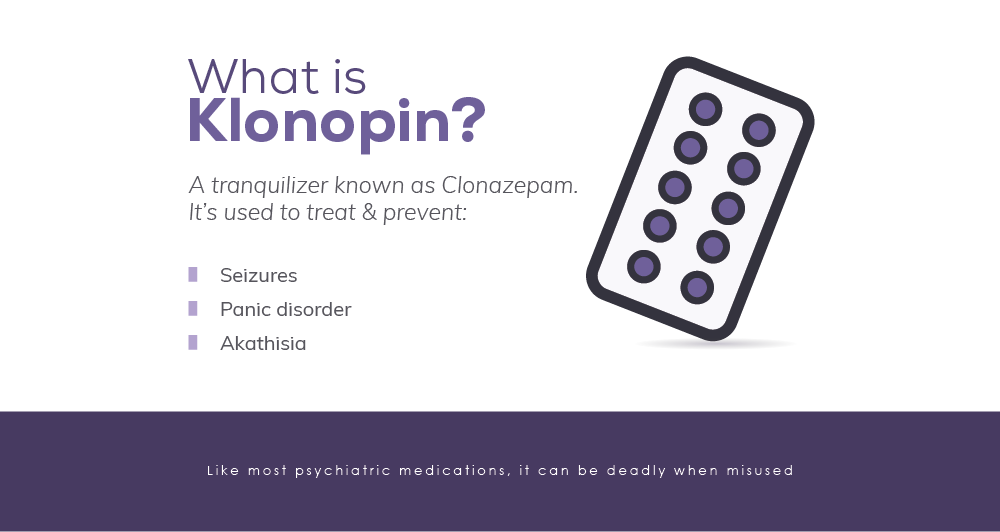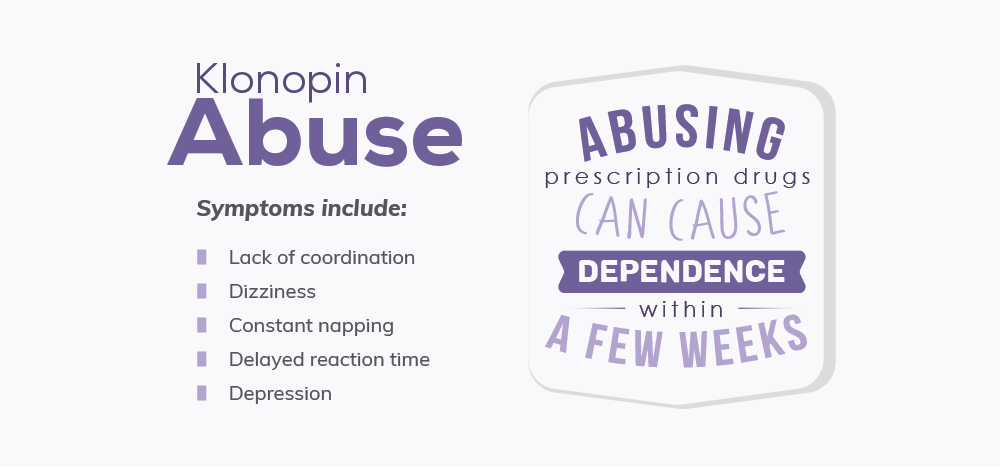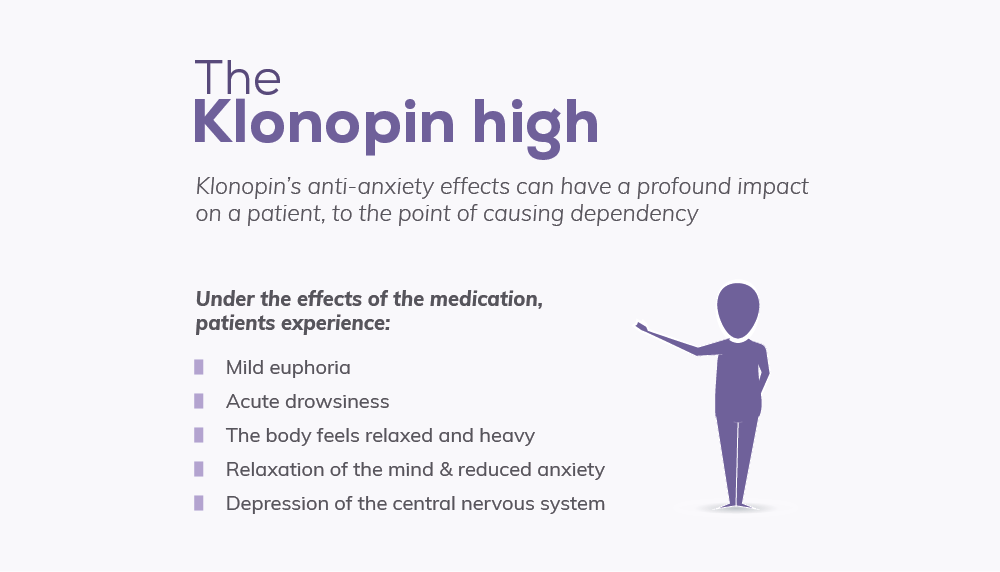In the United States, many adults are suffering from panic and anxiety disorders. Klonopin, also known as clonazepam, is one of the drugs that treat mood disorders and illnesses. As a benzodiazepine, sometimes called a benzo for short, it is also used to prevent seizures as it can balance brain chemicals in the central nervous system. While it may be prescribed for mental health, there is also the question of, “Is Klonopin addictive?” Any benzodiazepine carries a risk of clonazepam addiction. Around the world, recreational abuse of clonazepam is common. Clonazepam is usually given to patients for only a short duration.
Women’s Recovery understands that there are many women who either unintentionally develop a dependency on benzos or recreationally abuse this controlled substance. For this reason, we offer a benzo addiction treatment program in Colorado. Contact 833.754.0554 today to learn more about Klonopin abuse and side effects and how we can help.
What Is Klonopin?
Klonopin is the name brand of the drug clonazepam. The clonazepam dosage comes in 1 mg and 0.5 mg tablets. Benzodiazepine prescriptions have increased by 67% and are now being prescribed to approximately 13.5 million adults. Clonazepam is a significant contributor to this. It is used as an anti-anxiety drug and an anti-seizure drug. It’s also prescribed to manage extreme manic symptoms associated with bipolar disorder.
Klonopin euphoria occurs because, like other benzos, it is a central nervous system depressant. It interacts with the neurotransmitters in the brain called the GABA. The slowed mental and physical processes will feel especially good for those who have experienced trauma or experience anxiety often. The clonazepam high comes with euphoria and a sense of calm. Patients have said that they have less worry and anxiety. The body becomes relaxed, and restlessness goes away.
Klonopin Abuse
Klonopin addiction and abuse can be attributed to a few things. Firstly, it works by slowing down certain parts of the body. For someone who feels a high level of anxiety, the relaxed feeling that clonazepam gives them can instill a psychological dependency quickly. It’s widely prescribed in the U.S. but is only effective for a short amount of time. Klonopin dependence symptoms can start within a few weeks. Even if it’s prescribed, abuse can quickly progress to dependence. If the person continues to take the drug, it can lead to physiological and psychological addiction.
What Is the Klonopin High Like?
The total relaxation of the mind and reduced anxiety create a pleasurable, euphoric feeling. For those who have rapid thoughts that occur constantly, Clonazepam slows down the thinking and increases a calming feeling in the body and mind—worries disappear.
The body relaxes because the central nervous system is depressed. Any of the physical symptoms that occurred with anxiety will also be reduced. Anxious people will feel noticeably less tense or agitated.
Even those not intending to get high on Klonopin will experience sensations that are rewarding. This is what can easily cause Klonopin addiction and abuse, even among those who have no medical reason to take it.
The Klonopin abuse signs and symptoms include:
- Lack of coordination and clumsiness
- Dizziness
- Multiple naps throughout the day
- Delayed reaction time
- Problems with cognitive memory
- Depression, restlessness, and agitation.
- Nausea and vomiting
- Constipation
- Possible paranoia and hallucinations
- Potentially aggressive and exhibit violent tendencies.
Co-Occurring Disorder and Klonopin Abuse
Part of the reason that Klonopin abuse is so prevalent is due to the patients who receive it. Mood disorders can cause people to partake in risky behaviors. This would include abusing clonazepam. Co-occurring disorders come with challenges during addiction recovery. Not only will the person have to manage their mental health symptoms but also overcome their substance use disorder for the prescription drug that was designed to help their mental health condition. They begin to become intertwined with one another, making it a challenge to recover from Klonopin addiction or mental health concerns. When someone suffers from major anxiety and is then given a drug like Klonopin to manage it, it can quickly become a case of abuse and addiction if not managed carefully.
Klonopin Withdrawal Side Effects
The side effects of Klonopin withdrawal are an indication of dependency. If someone abuses clonazepam, the withdrawal symptoms can be more intense. Some of the common withdrawal symptoms include:
- Anxiety and irritability
- Difficulty sleeping
- Tremors or seizures
- Intense panic attacks
- Cravings for Klonopin
- Loss of social or work responsibilities
If someone is abusing Klonopin, it will become evident that addiction has begun when it wears off. There is a considerable risk of relapse when someone takes the medication for even a short duration of time. Despite the fact clonazepam is highly addictive, it remains a widely prescribed drug for anti-anxiety. Even those who use clonazepam for a short time can develop a dependency.
Those who abuse Klonopin or have become dependent on it may need to seek professional addiction treatment. Withdrawal from benzodiazepines’ cold turkey’ can cause seizures.
Contact Women’s Recovery Today
If you or a loved one have been prescribed clonazepam, you may be wondering, “Is Klonopin addictive?” The answer is yes, it can be, especially if not taken as prescribed or actively misused. Women’s Recovery offers professional outpatient benzo addiction treatment for women in Colorado who need help breaking the cycle of Klonopin abuse.
Call 833.754.0554 or reach out online to learn more about our programs and services, verify insurance, or get started today.










